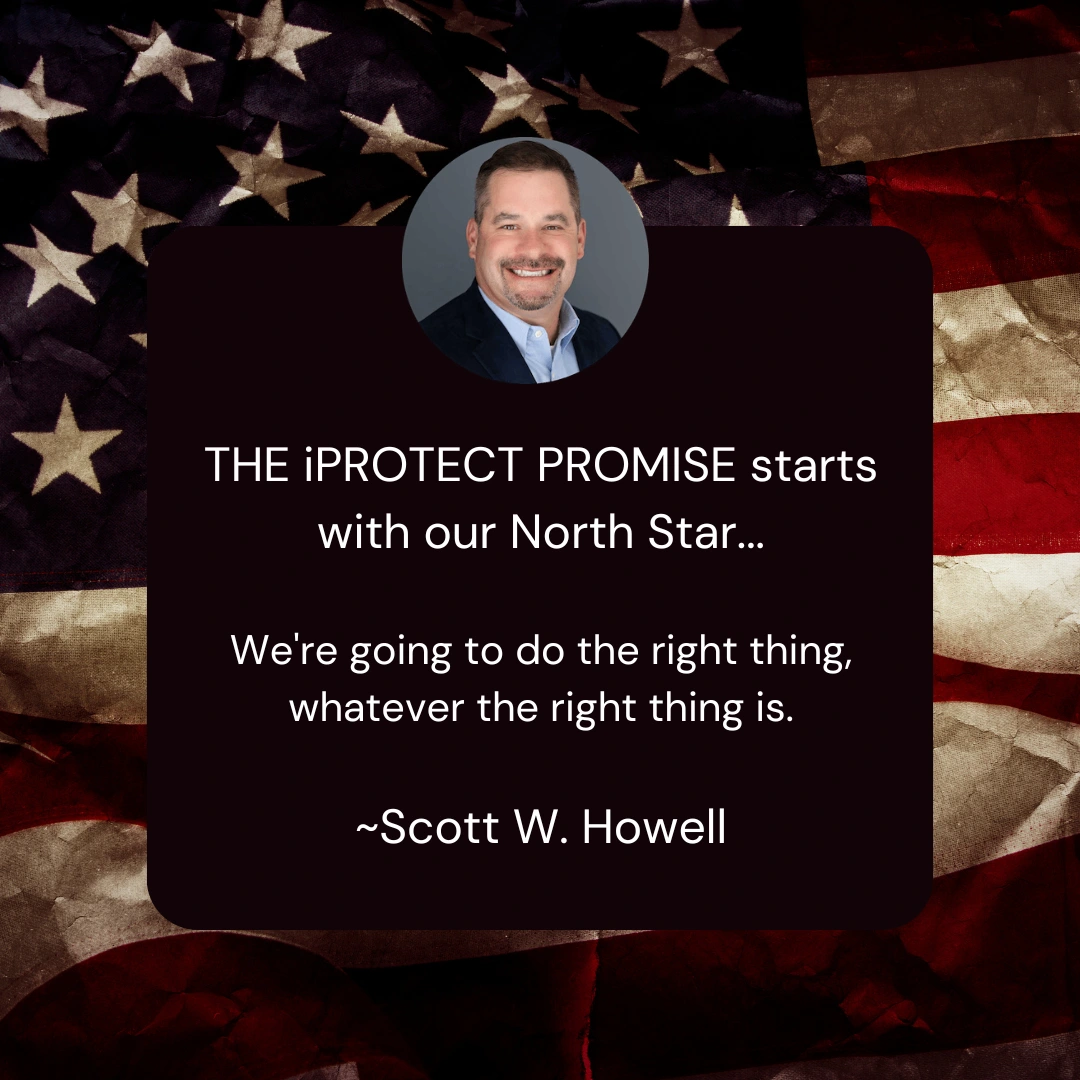


What is an Umbrella Policy & Why Do I Need One
Chances are slim that you will lose a lawsuit for an amount greater than what your existing insurance will pay. But if you ever do find yourself in that situation, you could lose your savings and everything you’ve worked for.
A personal umbrella policy is designed to make sure you never have to deal with that nightmare. And it’s a low-cost way to get a significant amount of additional liability coverage.
How Does It Work?
Umbrella Insurance kicks in when your “base” liability limits have been reached. Here are a few examples:
You cause a car accident that results in severe injuries for multiple people involved. The medical bills are $600,000 which exceeds your $300,000 in liability auto insurance policy limits. Your umbrella insurance can cover the additional $300,000.
You cause a serious auto or boating accident. These damages can add up quickly, especially if you’re responsible for the medical bills of multiple people. Your auto or watercraft insurance policy would pay first (up to its maximum policy limit) followed by umbrella insurance.
Your dog bites someone. Dog bites are typically covered by a homeowners insurance policy. But if you’re sued for an amount above your home insurance liability limits (such as medical bills and pain and suffering), your umbrella policy would start paying.
You drive your car into a building. It happens–someone is parked close to a convenience store and they put the car in drive rather than reverse, causing extensive building damage. An auto insurance policy would pay for the property damage first, followed by an umbrella policy.
You accidentally injure someone. If you or a family member accidentally injures someone, umbrella insurance will pay when auto or home insurance is exhausted. For example, say your son accidentally throws a baseball into someone’s face, causing serious injury. Your homeowners liability insurance will pay first, followed by umbrella insurance.
You’re on a board of directors of a charity and are sued for a board-related issue. Depending on whether the board is a non-profit and whether you’re paid for your service, an umbrella policy may provide coverage for lawsuits against you related to your work on a board of directors.
What’s Excluded from an Umbrella Policy?
Here’s a list of a few things an umbrella policy does not include :
-Your own injuries
-Damage to your own personal belongings
-Intentional or criminal acts
Umbrella coverage never covers your own costs. It is there to help cover expenses if you are sued for damages and are found at-fault.
Who needs an Umbrella Policy?
Umbrella policies aren’t always necessary. If your standard insurance plan for car, home, or other offers sufficient liability coverage, then you don’t need umbrella coverage. But what’s “sufficient liability coverage”?
Imagine that you got into an accident and totaled someone else’s car. They had to go to the hospital. They sue you for the cost of their car damage, their medical expenses, lost time at work, physical therapy, and pain and suffering. Let’s say these costs come out to $500,000. You only have $300,000 in assets. That means that they could sue you for everything you have plus $200,000.
Or let’s say that you have assets worth $1.2 million. They could sue you for even more in damages, especially pain and suffering, and take all your savings. Those with significant assets have more at risk of being “taken” from them in a lawsuit. Often, if your assets drastically exceed your homeowners’ liability, an umbrella policy is a good idea.
You’ll also want an umbrella policy if you do anything that increases your personal liability. For example, volunteering, serving on the board of a nonprofit, or coaching your kids’ sports team can increase your risk of getting sued personally. Or if you play in a sports league where you hurt others, if you are a landlord, or you have a pool, own a trampoline or dog. You could even put yourself at risk if you constantly review products and businesses, because they could sue you for slander!
If there is a chance someone could sue you for some sort of damages, an umbrella policy is usually a good defense.
Everyone could benefit from umbrella insurance. One lawsuit could destroy everything you’ve worked for. A small annual fee can help you create peace of mind that you won’t end up losing your home or car—or even end up in debt—due to a lawsuit.
Call us to talk to an agent today for a quote on your personal umbrella coverage needs and concerns!